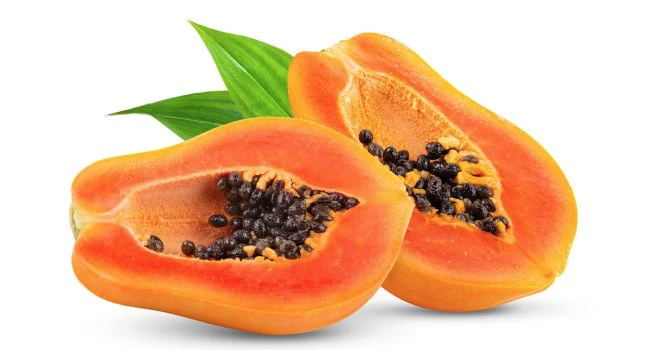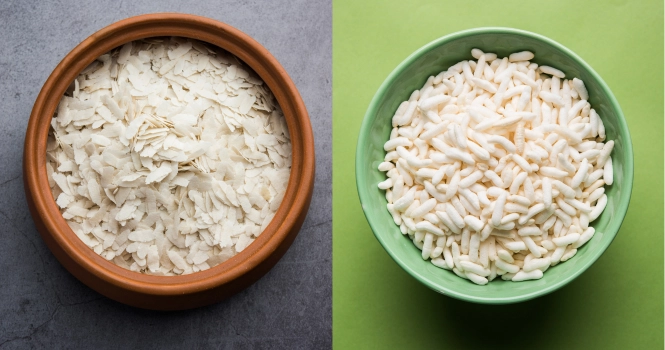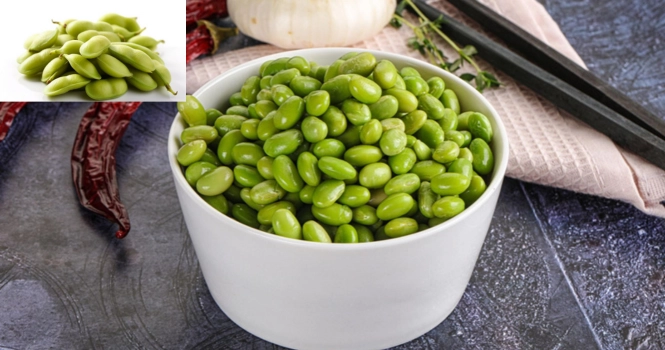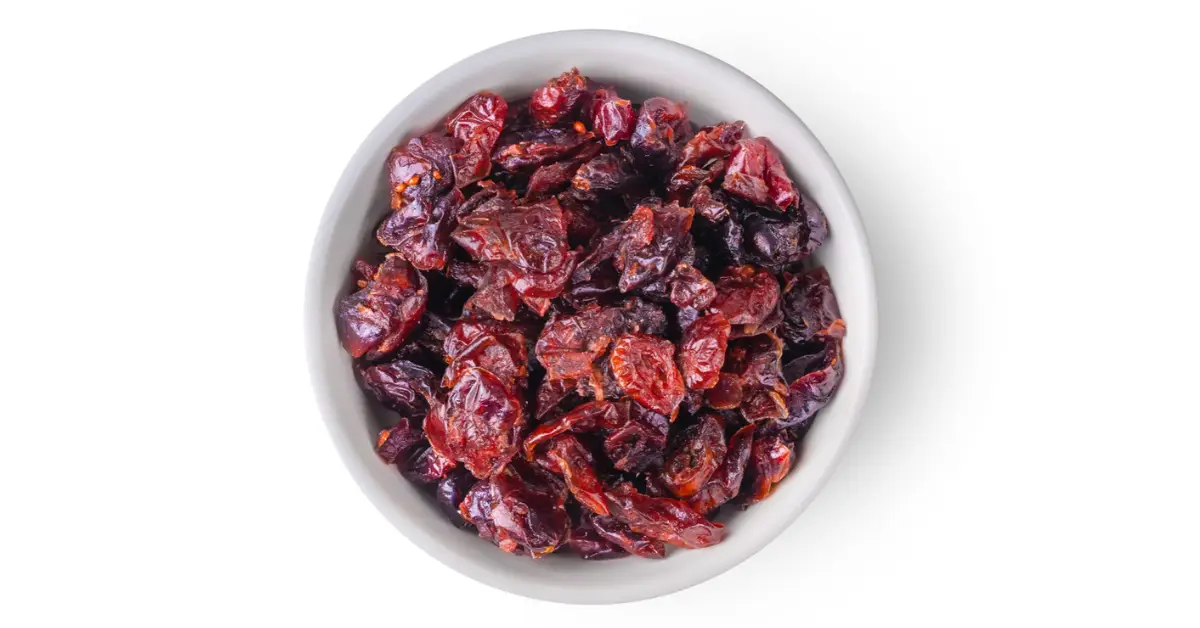Can You Drink Milk Straight From A Goat?
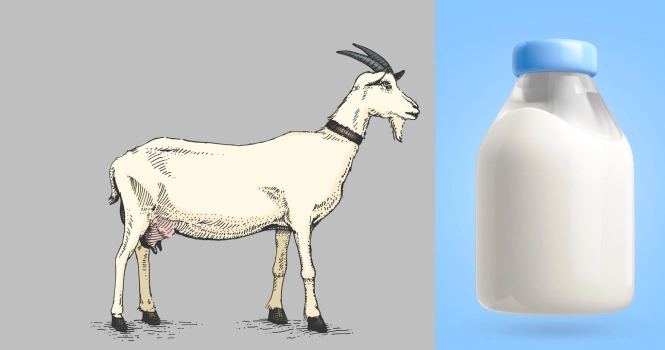
Have you ever seen a goat and wondered if you could drink its milk right away, just like that?
Goats are amazing animals, and their milk is known for being tasty and good for you. But, when it comes to drinking milk straight from the goat, there are a few important things to know. Let’s dive in and find out more about it!
Can you drink milk straight from a goat ?
Drinking milk straight from a goat is a topic that combines aspects of food safety, nutrition, and traditional practices. Let’s explore it in detail:
Safety Concerns
1. Raw Milk Risks: Milk straight from a goat is raw, meaning it hasn’t been pasteurized to kill harmful bacteria. This can include E. coli, Salmonella, and Listeria, which can lead to foodborne illnesses, particularly in vulnerable groups like young children, pregnant women, the elderly, and those with weakened immune systems.
2. Regulatory Stance: In many places, health authorities recommend against the consumption of raw milk due to these safety risks. The regulations can vary by region, with some areas having strict guidelines against selling or consuming raw milk.
Nutritional Aspects
1. Nutrient Rich: Goat milk is rich in various nutrients, including calcium, potassium, and vitamin A. It’s also easier to digest for some people compared to cow’s milk due to its different protein structure and lower lactose content.
2. Fat Content: The fat molecules in goat milk are smaller, which might aid in easier digestion. However, the fat content is similar to cow’s milk, so it should be consumed in moderation, especially if you’re watching your fat intake.
Traditional Practices
1. Cultural Context: In many traditional settings, especially in rural areas, drinking milk directly from goats is a common practice. This is often due to the lack of access to pasteurization methods.
2. Freshness Factor: Some people prefer the taste of fresh goat milk and believe it to be more natural and wholesome.
Precautions
1. Healthy Animals: Ensure the goat is healthy. A goat that is well-cared for, healthy, and free from diseases poses a lower risk.
2. Clean Milking Practices: Hygiene is crucial. The udder and milking equipment should be clean to reduce the risk of contamination.
3. Immediate Consumption: If you decide to drink raw milk, consuming it immediately after milking can reduce the risk of bacterial growth.
Alternatives
1. Pasteurization at Home: If you have access to raw goat milk but want to reduce risks, you can pasteurize the milk at home by heating it to a specific temperature for a set amount of time.
2. Commercial Goat Milk: Commercially available goat milk is typically pasteurized and adheres to food safety standards, making it a safer choice.
While it’s physically possible to drink milk straight from a goat, whether you should do it involves considering the balance between traditional practices, taste preferences, nutritional benefits, and potential health risks. If you choose to consume raw goat milk, taking precautions to minimize risks is essential. However, for safety reasons, pasteurized milk is generally recommended, especially for those in higher risk groups.
What are the benefits of goat milk?
Goat milk offers several nutritional and health benefits, making it a valuable addition to many diets. Here are some of the key benefits:
1. Easier Digestion: The protein structure in goat milk, particularly the lower levels of the protein alpha-s1 casein compared to cow’s milk, may make it easier to digest for some people. This can be beneficial for those who have mild lactose intolerance or difficulty digesting cow’s milk proteins.
2. Nutrient-Rich: Goat milk is a good source of essential nutrients, including calcium, phosphorus, vitamin B12, and riboflavin (vitamin B2). It also provides a healthy balance of fats and proteins.
3. Lower Allergenic Potential: Some individuals who experience allergic reactions to cow’s milk find goat milk to be a suitable alternative due to its different protein composition.
4. Beneficial Fatty Acids: Goat milk contains a higher amount of medium-chain fatty acids like capric and caprylic acid, which are believed to be easier to digest and may have antimicrobial and anti-inflammatory properties.
5. Less Lactose: Although goat milk contains lactose, the amount is slightly less than what’s found in cow’s milk. This can be helpful for people with mild lactose sensitivity (though it’s not suitable for those with severe lactose intolerance).
6. High in Calcium: The high calcium content in goat milk is beneficial for bone health. Calcium is essential for maintaining strong bones and plays a role in other bodily functions.
7. Good for Skin Health: The fatty acids and high levels of vitamin A in goat milk are thought to be beneficial for skin health, contributing to hydration and possibly aiding in skin conditions like eczema.
8. Alkaline Properties: Goat milk is more alkaline than cow’s milk, which some people believe can help in maintaining a healthy pH balance in the body.
9. Potential Anti-Inflammatory Effects: Some research suggests that goat milk may have anti-inflammatory properties, though more studies are needed to confirm these effects.
10. Lower in Cholesterol: Goat milk has slightly lower levels of cholesterol compared to cow’s milk, which can be a consideration for those monitoring their cholesterol intake.
Is goat milk better than cow?
| Aspect | Goat Milk | Cow Milk |
| Protein Structure | Contains less alpha-s1 casein, may be easier to digest for some. | Higher in alpha-s1 casein, can be harder to digest for some individuals. |
| Lactose Content | Slightly lower in lactose, which might be better for people with mild lactose sensitivity. | Higher lactose content, can be problematic for those with lactose intolerance. |
| Fat Content | Contains more medium-chain fatty acids, which are easier to digest and may have health benefits. Smaller fat globules. | Larger fat globules and different fatty acid composition. |
| Nutritional Value | High in calcium, phosphorus, vitamin B12, and riboflavin. Generally higher in nutrients like vitamin A. | High in calcium, B12, and riboflavin, but typically lower in vitamin A compared to goat milk. |
| Allergic Potential | Lower allergenic potential due to different protein structure. | Higher chance of causing allergies due to A1 type beta-casein protein. |
| Digestive Ease | Often more easily digested due to its composition, beneficial for those with cow milk protein sensitivity. | Can cause digestive issues in some individuals due to protein and lactose content. |
| Taste | Distinct taste, which some people prefer and others might not. | Familiar taste, generally more accepted globally. |
| Cholesterol Levels | Lower cholesterol. | Slightly higher in cholesterol. |
| pH Level | More alkaline. | Slightly more acidic compared to goat milk. |
| Availability and Price | Less commonly found in some regions, can be more expensive. | Widely available and typically less expensive. |
Whether goat milk is “better” than cow milk depends on individual health needs, dietary preferences, and taste. For some, the easier digestibility and lower allergenic potential of goat milk make it a superior choice. For others, the familiar taste and wide availability of cow milk might be more appealing. Both types of milk offer significant nutritional benefits, and the choice often comes down to personal preference and specific health considerations.
Frequently Asked Questions
Can goat milk whiten skin?
There’s a common belief that goat milk can whiten or lighten the skin, but it’s important to understand the science behind this claim. Goat milk does not chemically whiten skin in the way some skin-lightening agents do. However, it contains high levels of vitamin A, lactic acid, and certain minerals which can benefit skin health in various ways:
1. Exfoliation: The lactic acid in goat milk is a natural exfoliant. This means it can help remove dead skin cells, which may result in a brighter and more even skin tone. However, this is not the same as whitening the skin.
2. Moisturizing Properties: Goat milk is known for its moisturizing qualities, which can help keep the skin supple and may indirectly contribute to a brighter-looking complexion.
3. Vitamin A: High in vitamin A, goat milk can support skin health and repair, potentially improving the overall appearance of the skin.
4. Anti-inflammatory Effects: Some components in goat milk have anti-inflammatory properties, which can help soothe skin conditions like eczema or acne, indirectly affecting the skin’s appearance.
It’s crucial to note that while goat milk can be beneficial for skin health, claims of it significantly whitening the skin are not supported by scientific evidence. It’s more accurate to say that goat milk can contribute to healthier, possibly brighter-looking skin rather than causing a whitening effect. For those looking to alter their skin tone, it’s always advisable to consult with a dermatologist for safe and effective options.
![]()



